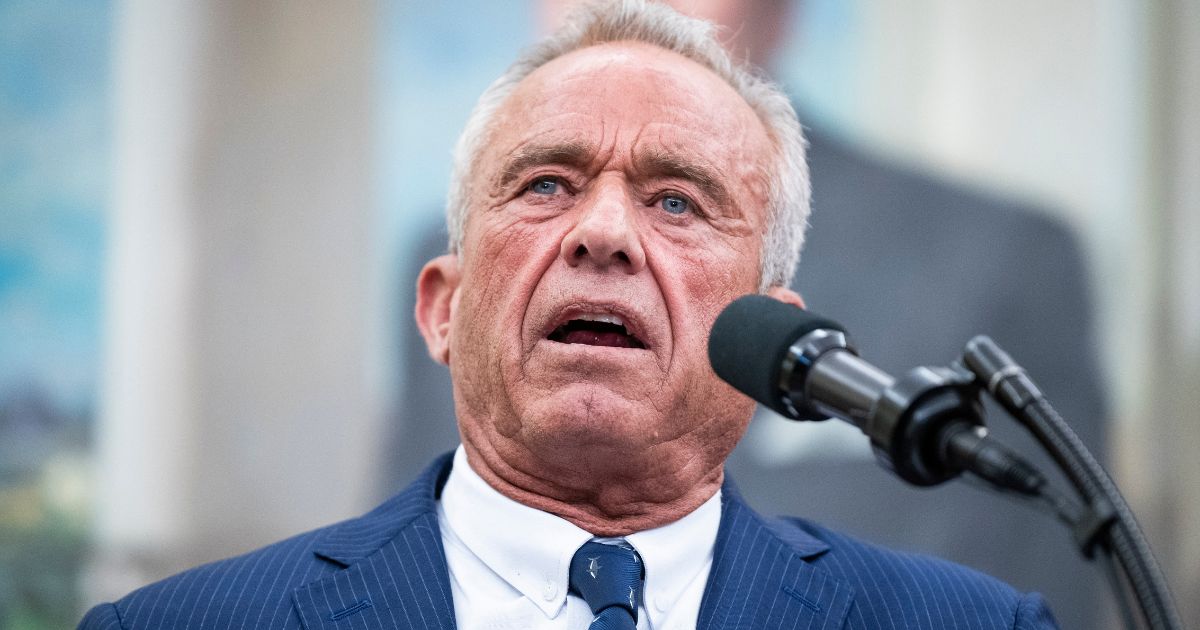12 Federal Judges Say They Won’t Take Clerks from Yale Law School Due to Student Opposition to Free Speech
A dozen federal judges say they are no longer hiring clerks from Yale Law School, citing a slew of scandals that they say have undermined free speech and intellectual diversity.
In addition to Fifth Circuit judge James Ho, who announced on Thursday that he would no longer hire law clerks from the nation’s top-ranked law school, 12 federal judges—both circuit and district court jurists—told the Washington Free Beacon they are joining the boycott.
“Students should be mindful that they will face diminished opportunities if they go to Yale,” said a prominent circuit court judge, whose clerks have gone on to nab Supreme Court clerkships. “I have no confidence that they’re being taught anything.”
With one exception, the judges made clear this is a policy they are imposing on future—not current—Yale Law School students.
A spokeswoman for the law school did not respond to a request for comment.
If the boycott catches on among other right-leaning judges, it could deal a serious blow to Yale Law School, which has maintained the top spot in the U.S. News and World Report rankings since the publication began ranking law schools in the 1980s. Clerkships, particularly on the federal bench, are coveted jobs in the legal profession, and many students choose Yale over other elite law schools because its graduates have historically had the best shot of clerking for prominent judges. A boycott could change that calculus, forcing Yale administrators to rein in activist students and colleagues if they want to keep attracting the best and brightest—and if they want to maintain even a fig leaf of ideological diversity.
The judges joining the boycott, all of whom requested anonymity in order to speak freely, cited a series of incidents where they say free speech has come under attack at Yale Law, starting with a September 2021 controversy in which administrators pressured second year law student Trent Colbert to apologize for an email in which he referred to his apartment as a “trap house.” The law school’s diversity director Yaseen Eldik, also described Colbert’s membership in the conservative Federalist Society as “triggering,” according to leaked audio obtained by the Free Beacon.
Then in March, over a hundred Yale Law students disrupted a bipartisan panel on civil liberties, causing so much chaos that police were called to escort speakers to safety. Though the disruption was an apparent violation of Yale’s free speech policies, Yale Law School dean Heather Gerken ruled out disciplinary action for the protesters. She even denied that the students had transgressed any formal policy, a move that sparked blowback from her colleague, Kate Stith, who warned that Gerken was setting a “terrible precedent.”
Another circuit court judge—a top “feeder” for Supreme Court clerkships—said he was “torn” on whether to participate in the boycott, but that the case for it had “gotten stronger” over the past year. “I’ve hired a bunch of great Yale Law clerks,” the judge said. But “at some point, the institution becomes so worthless and degenerate that you wonder what conservative would want to be a part of it.”
The law school has done little to address concerns about the atmosphere on campus. Gerken was reappointed as dean in January and, though one of the administrators involved in the “trap house” scandal, associate dean Ellen Cosgrove, retired at the end of the academic year, Eldik remains in his perch.
While the official boycott marks a deepening of the ideological warfare between Yale Law and its critics, concerns about the school’s atmosphere have been percolating in the judiciary for years. Some judges already shy away from hiring from Yale School, a circuit court judge said, due to what they see as an echo chamber that retards “intellectual growth.”
Several judges noted that Yale is the only elite law school that does not employ a single prominent conservative scholar, which they argued had made it more susceptible to groupthink. “It is hard for me to see how one can get a rigorous, well-rounded education in that environment,” one district judge said. “And that is a concern when it comes to hiring law clerks.”
The law school’s ideological monoculture also poses a problem for vetting clerkship applicants, some judges said, because there are simply no professors whom they trust to recommend conservative clerks.
The feeder judge told the Free Beacon that he had long relied on Amy Chua, a left-leaning but heterodox Yale Law professor, for recommendations, but that the law school has made it a “speech and thought crime” for students to associate with her.
Gerken stripped Chua of some of her teaching privileges in the spring of 2021 after student complaints that she had hosted dinner parties in violation of the school’s COVID restrictions. Law school administrators then pressured two law students to file a formal complaint against her, according to a lawsuit filed by two students against the Ivy League school, which alleges that Cosgrove and Eldik retaliated against them when they refused.
With or without a boycott, Chua’s sidelining “will make it harder for me” to hire Yale Law clerks, the feeder judge said. “I don’t know how many I’ll keep hiring.”
" Conservative News Daily does not always share or support the views and opinions expressed here; they are just those of the writer."





Now loading...